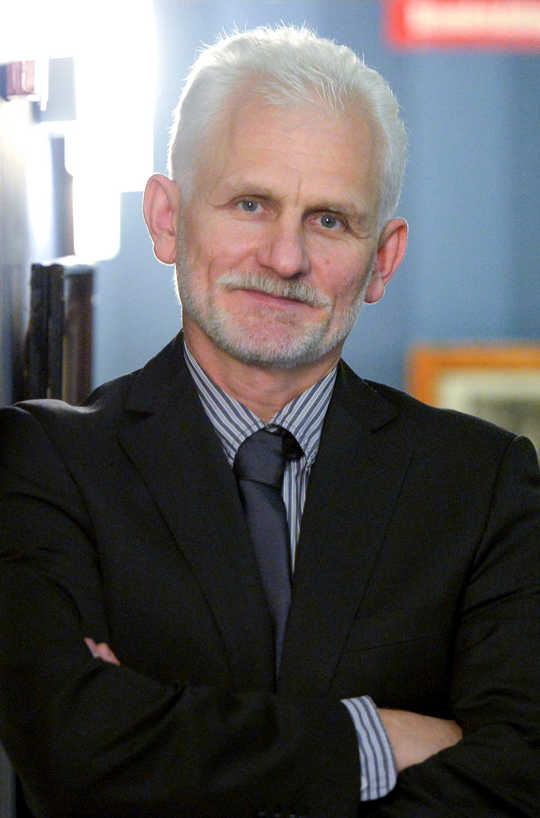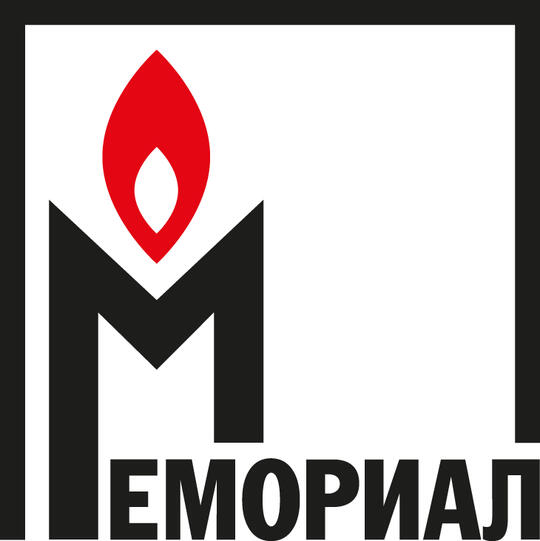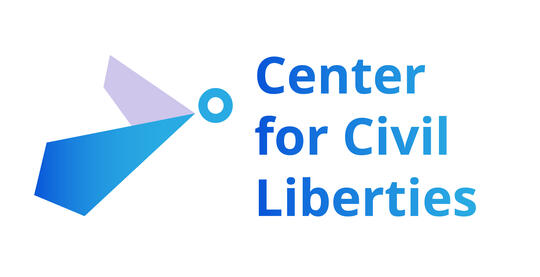2022
Ales Bialiatski
Memorial
Center for Civil Liberties
The Peace Prize laureates represent civil society in their home countries. They have for many years promoted the right to criticise power and protect the fundamental rights of citizens. They have made an outstanding effort to document war crimes, human right abuses and the abuse of power. Together they demonstrate the significance of civil society for peace and democracy.

Ales Bialiatski (1962 -)
Belarus
The fight for human rights and democracy
Ales Bialiatski has worked to promote democracy and human rights in Belarus since the 1980s. He has been called a beacon of light for these efforts throughout Eastern Europe. A constitutional amendment adopted in 1996 gave President Alexander Lukashenko dictatorial powers, triggering protests and demonstrations. The authorities cracked down hard on the protests, and many people were jailed. Ales Bialiatski then founded the organisation Viasna (Spring) to provide support for the incarcerated demonstrators and their families. In the years that followed, Viasna evolved into a human rights organisation that documented the authorities’ abuses against and torture of political prisoners. As a result of Ales Bialiatski’s work, the government authorities sought to silence him. In 2011, they sentenced him to several years’ imprisonment for alleged tax evasion. He was released in 2014. In June 2021, in the wake of the massive demonstrations against President Lukashenko’s dictatorship that broke out after the presidential election in August 2020, Ales Bialiatski was again jailed, this time without trial or conviction. He was still in prison when he was awarded the Nobel Peace Prize in 2022.
Memorial
Russia
The fight for human rights and democracy
Memorial was founded in the former Soviet Union in 1987. Its initiators included the 1975 Nobel Peace Prize laureate Andrei Sakharov and human rights defender Svetlana Gannushkina. The organisation documented the victims of the crimes committed during the Stalinist era. After the dissolution of the Soviet Union in 1991, the organisation continued this work while also focusing on human rights violations in Russia. During the Chechen wars (1994-1996 and 1999-2009), Memorial gathered information on abuses and war crimes committed against the civilian population by Russian and pro-Russian forces. The head of Memorial’s branch in Chechnya, Natalia Estemirova, was murdered because of her role in this work. In 2016, the authorities declared Memorial to be a foreign agent, and in 2021 the Russian Supreme Court ruled that Memorial was to be liquidated because it had defended the rights of persons who allegedly had ties to terrorist organisations. After Russia’s invasion of Ukraine in March 2022, the authorities declared Memorial to be illegal and took over the offices of the forcibly dissolved organisation.
Center for Civil Liberties
Ukraine